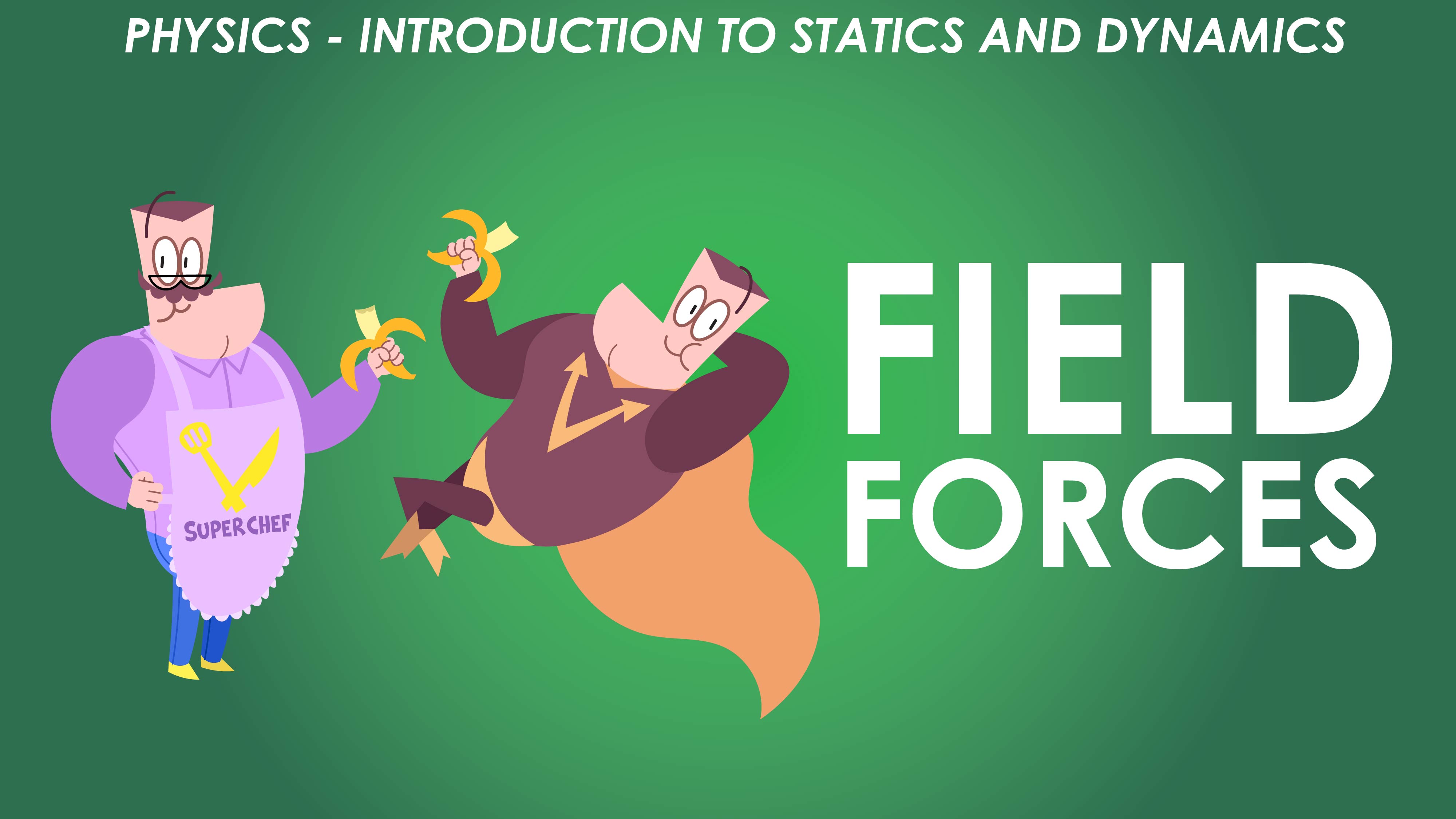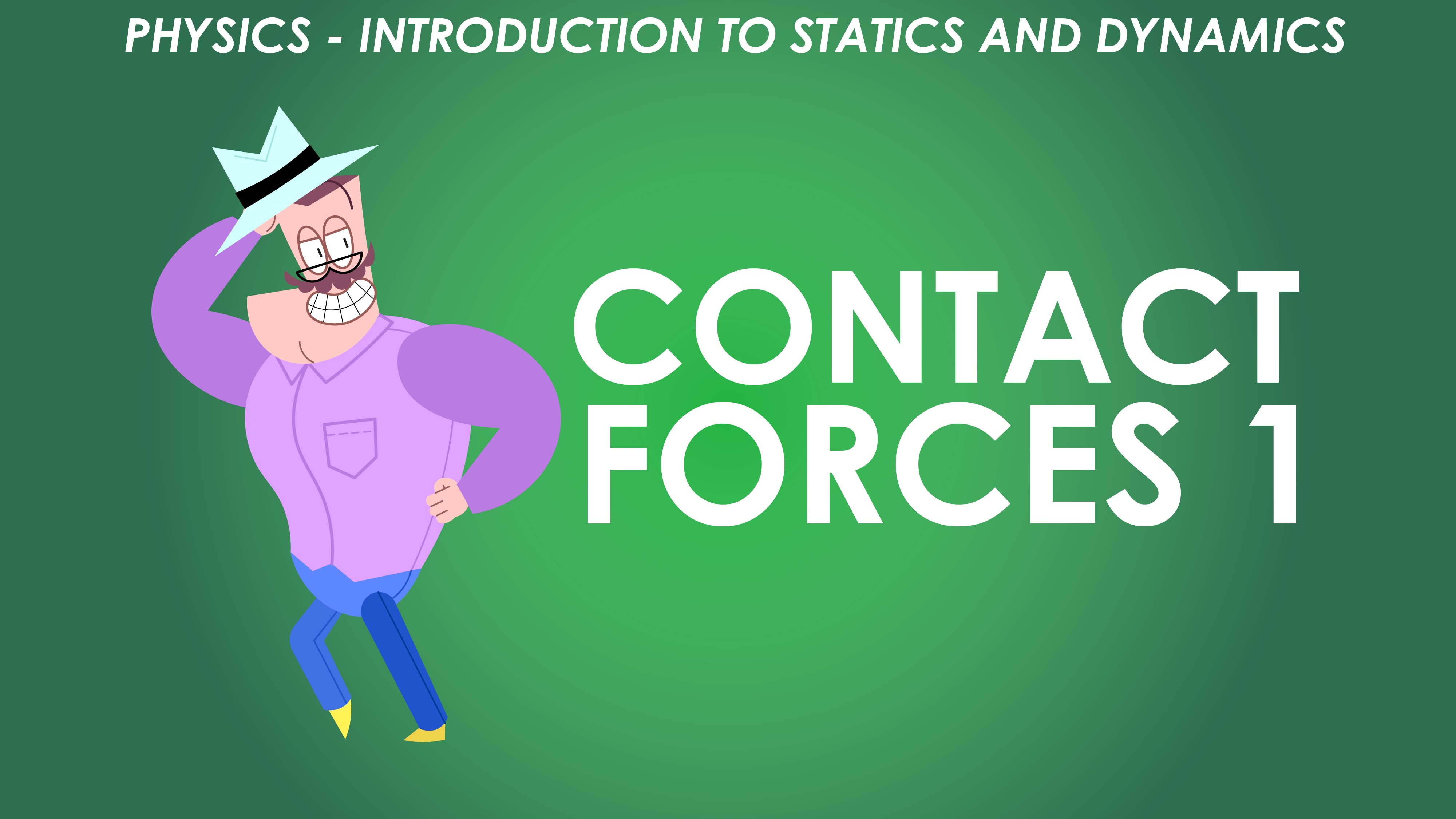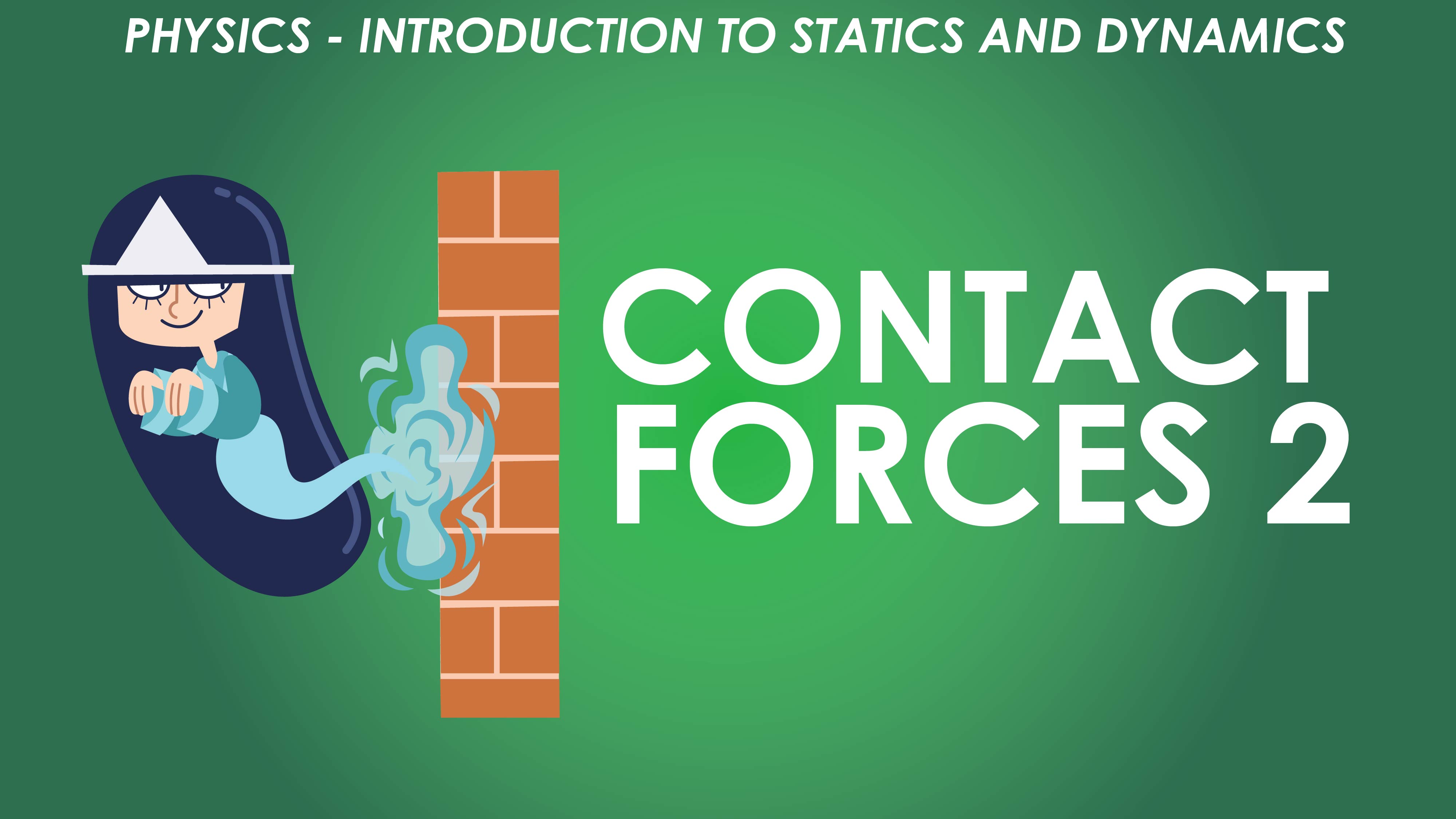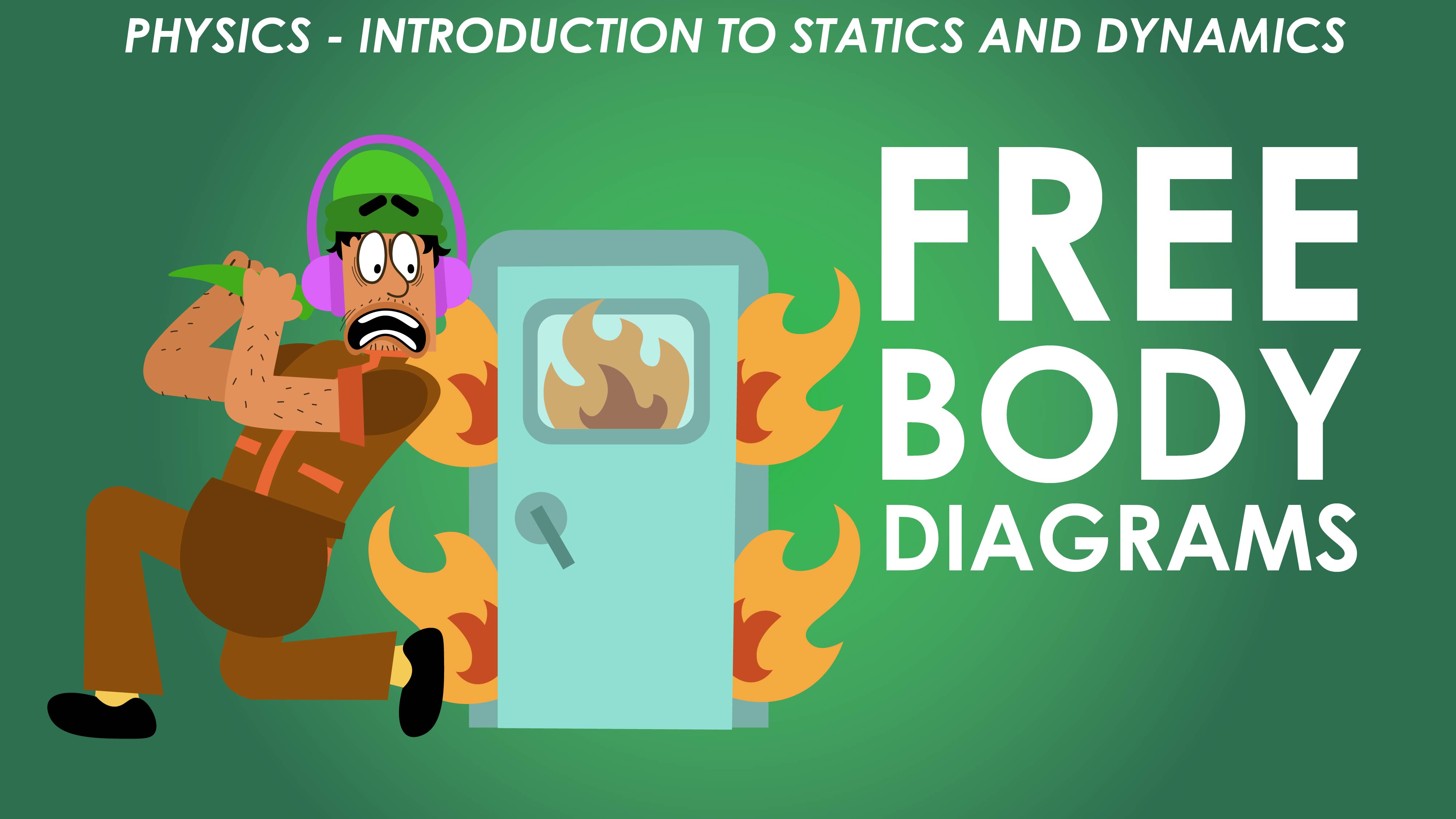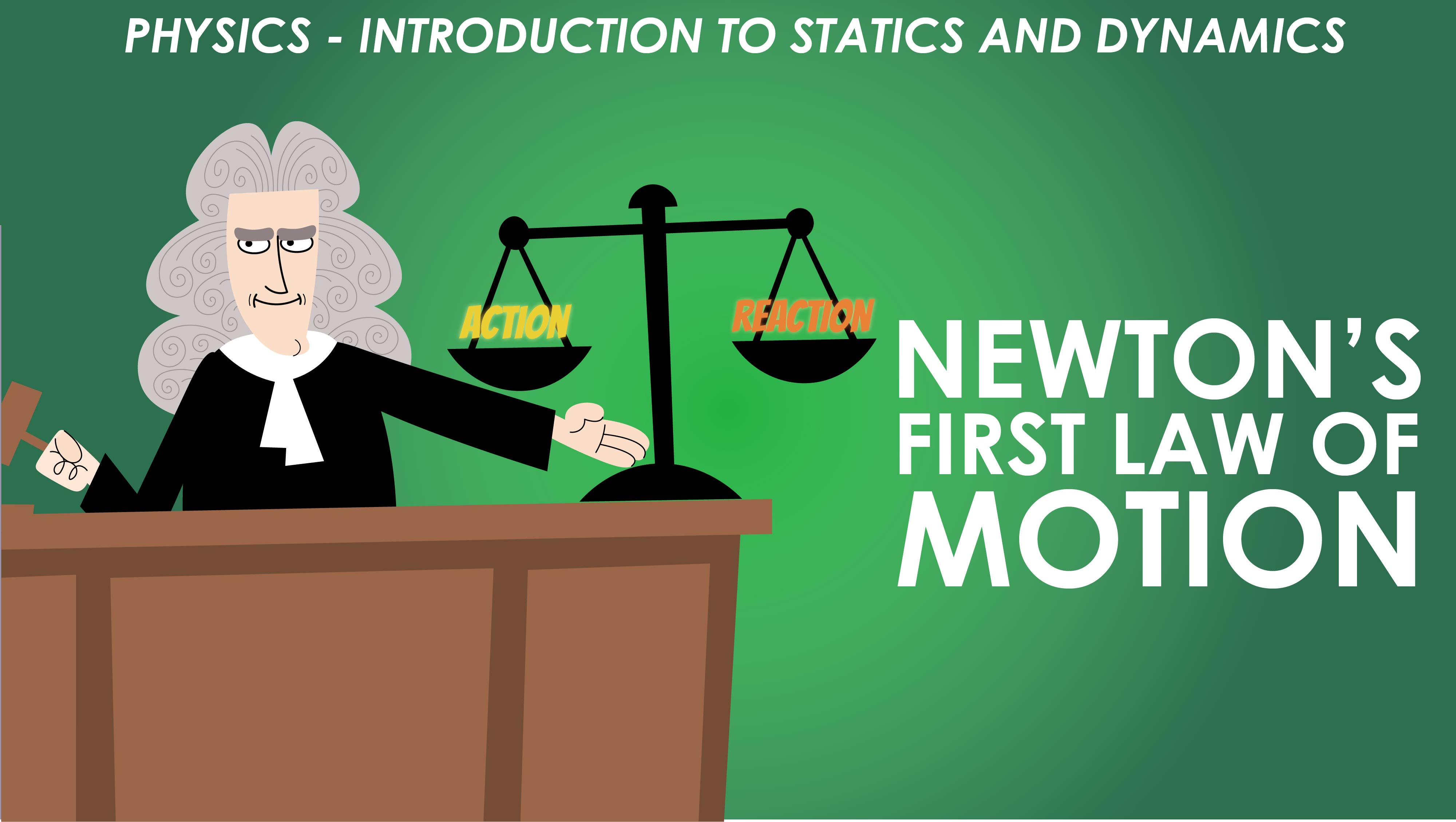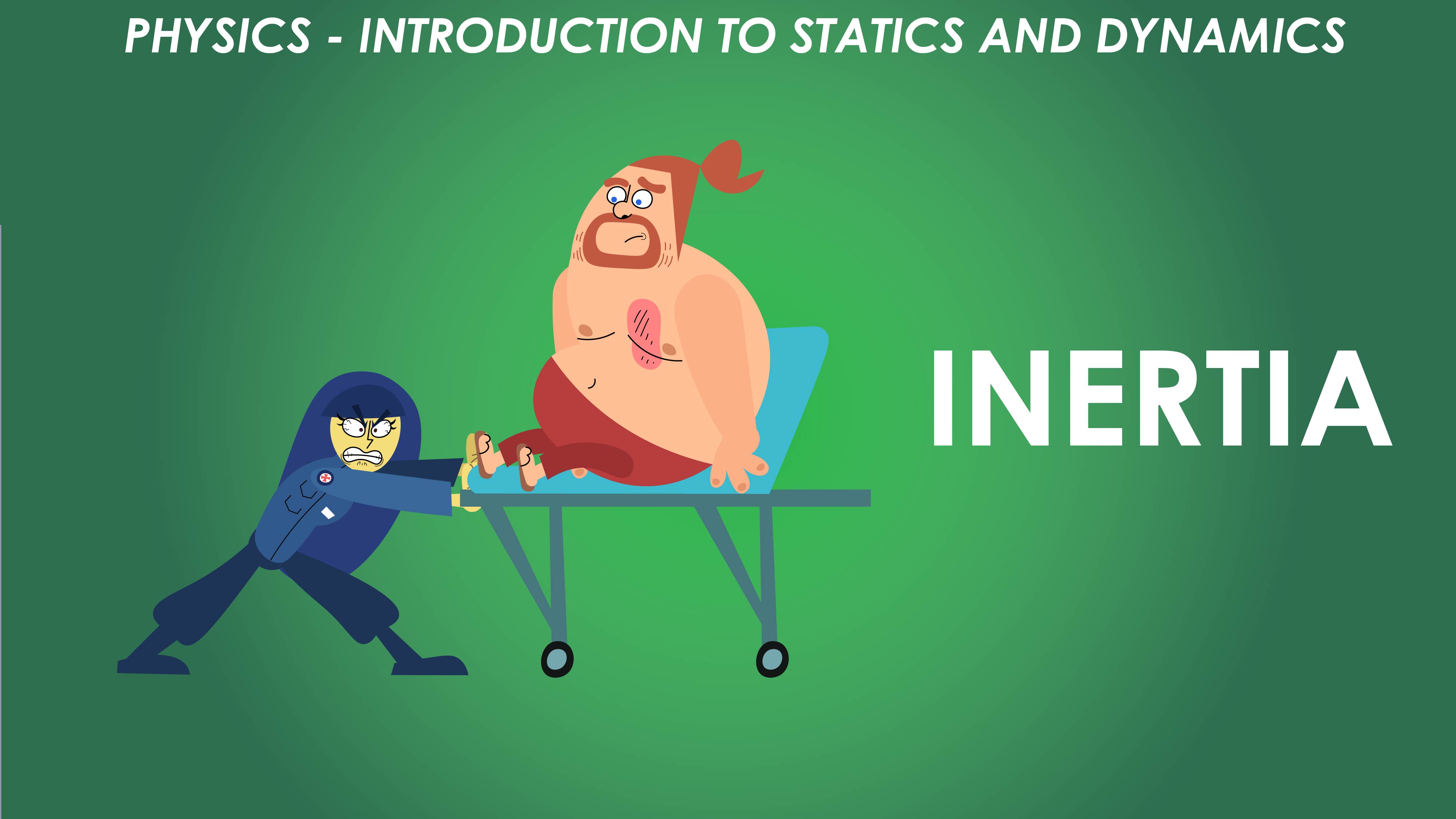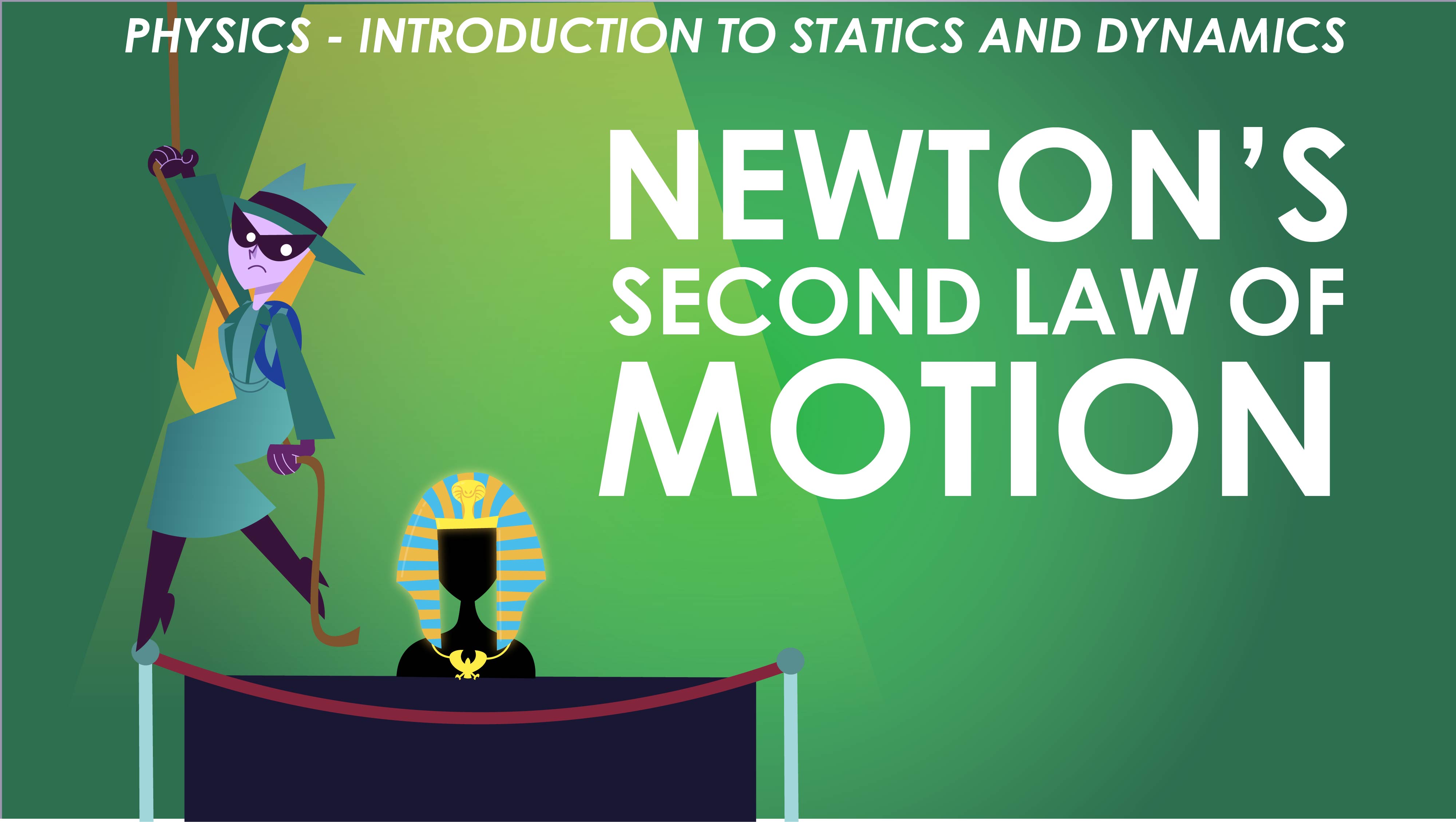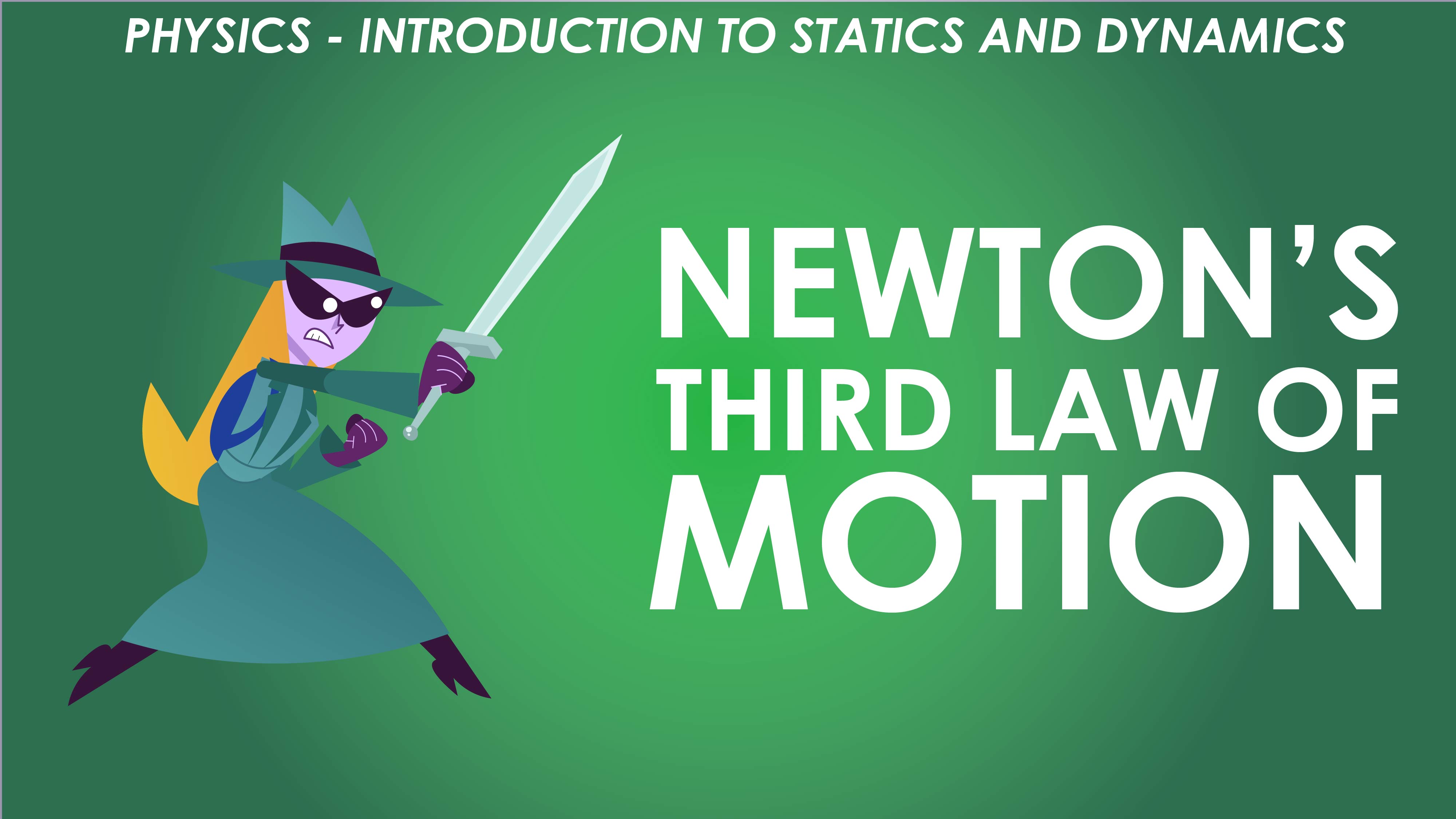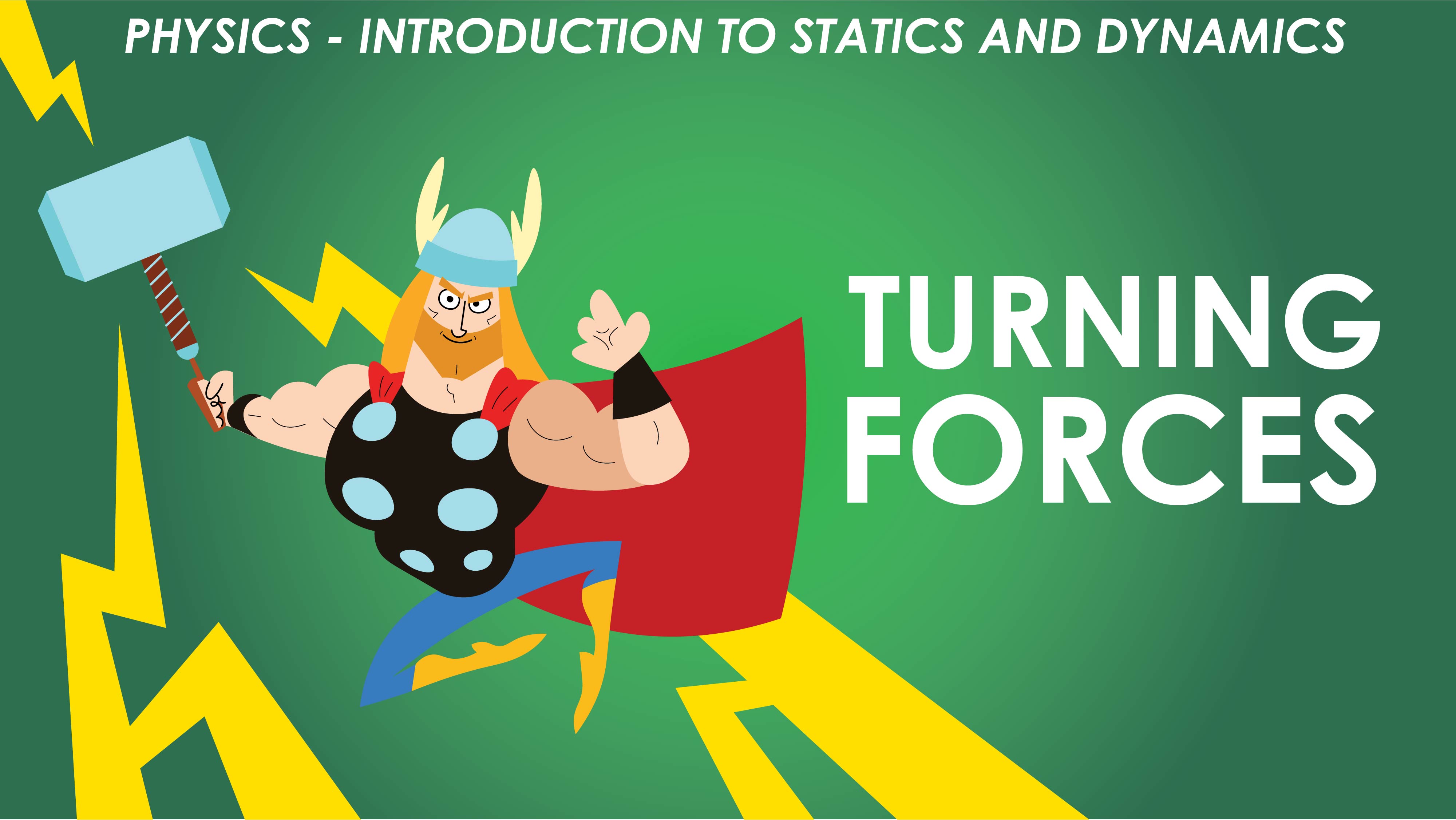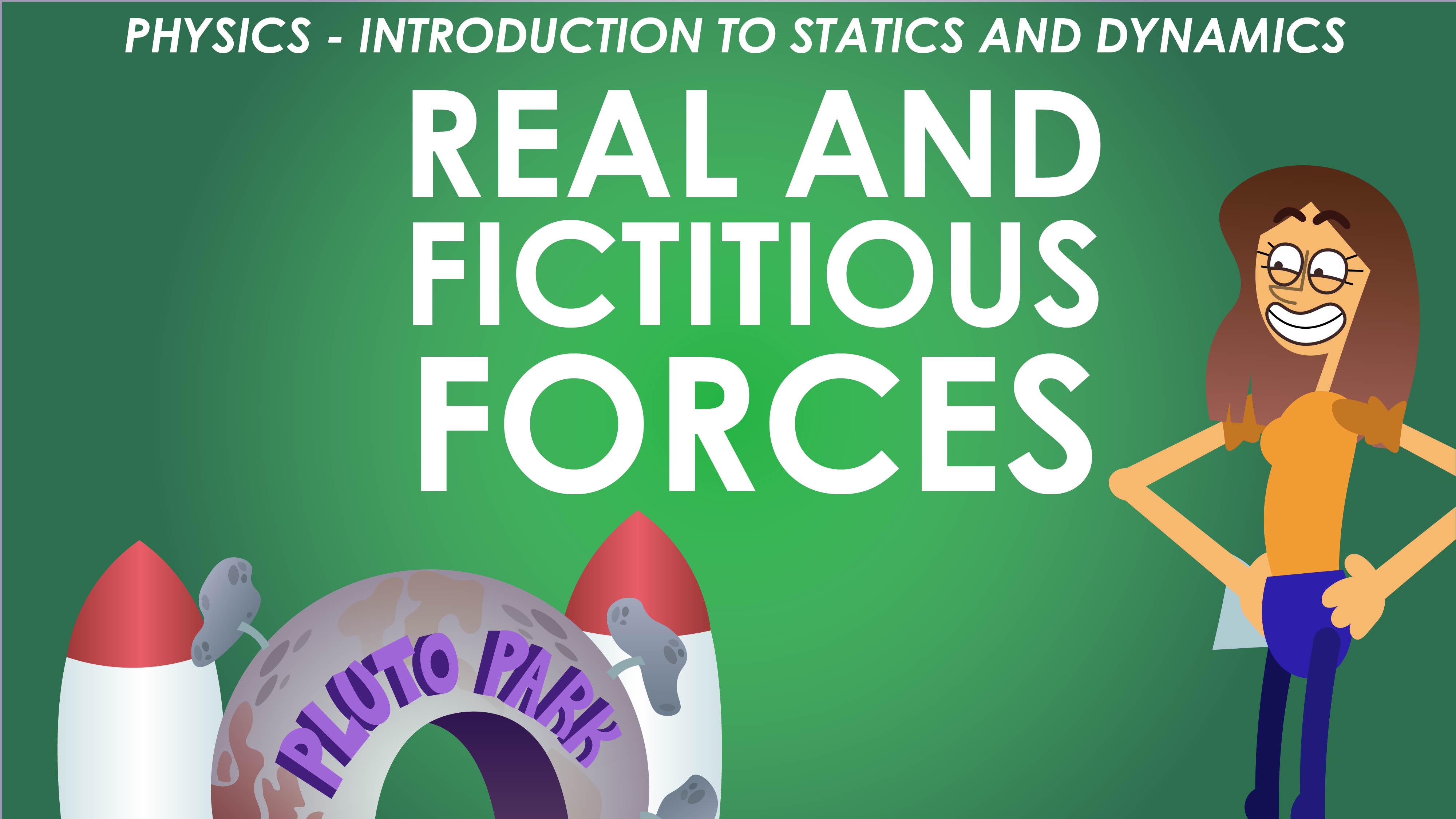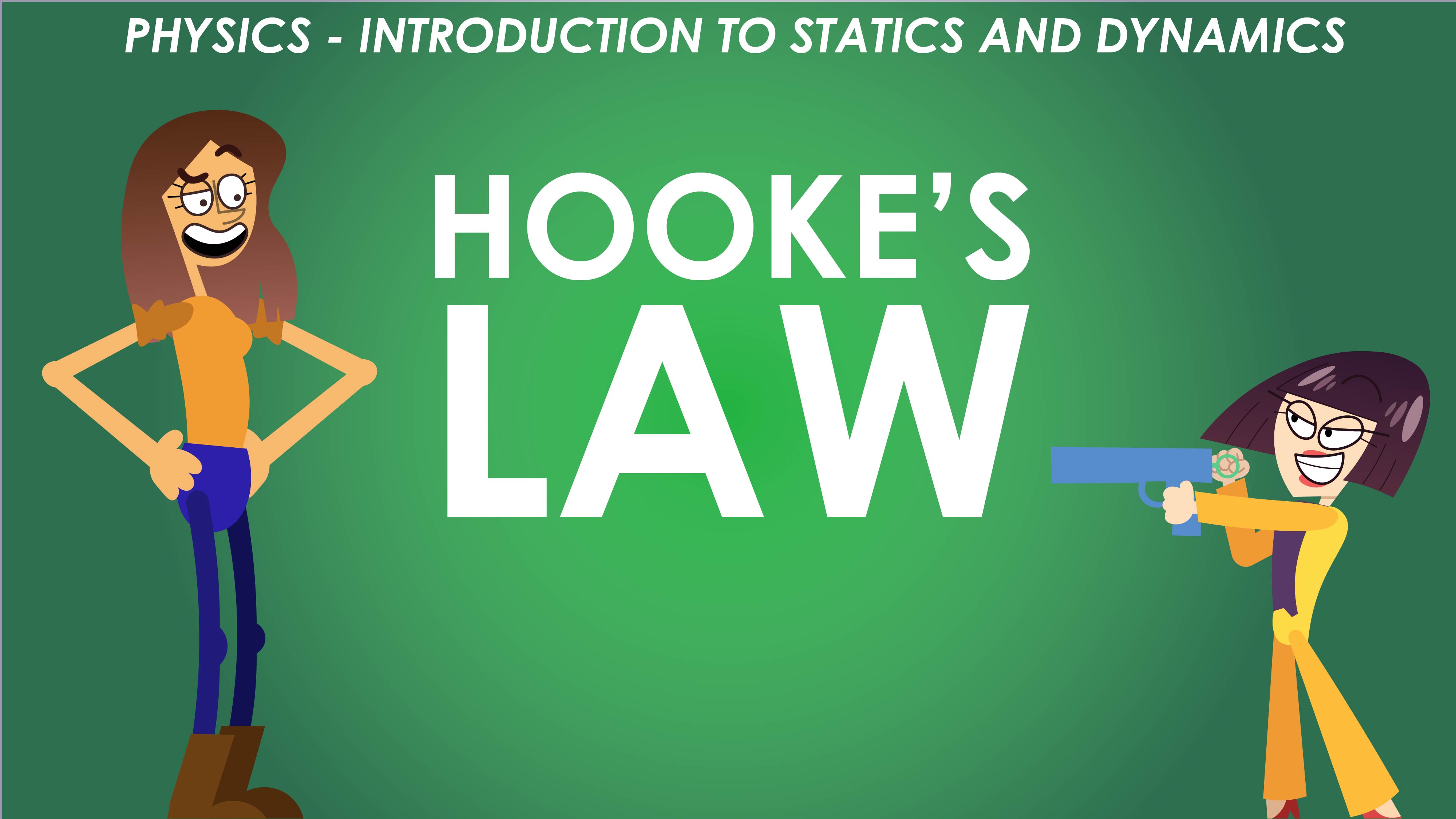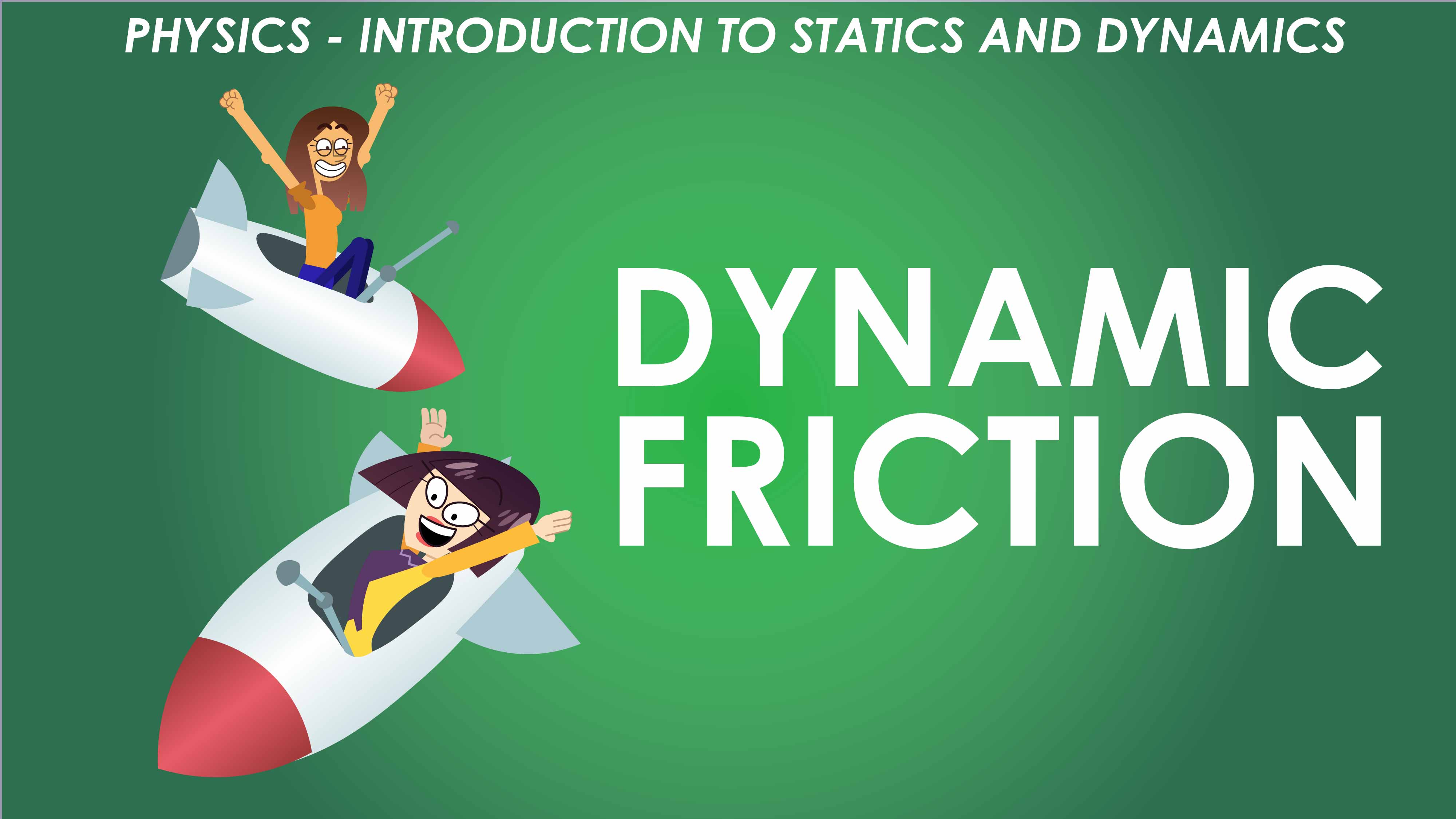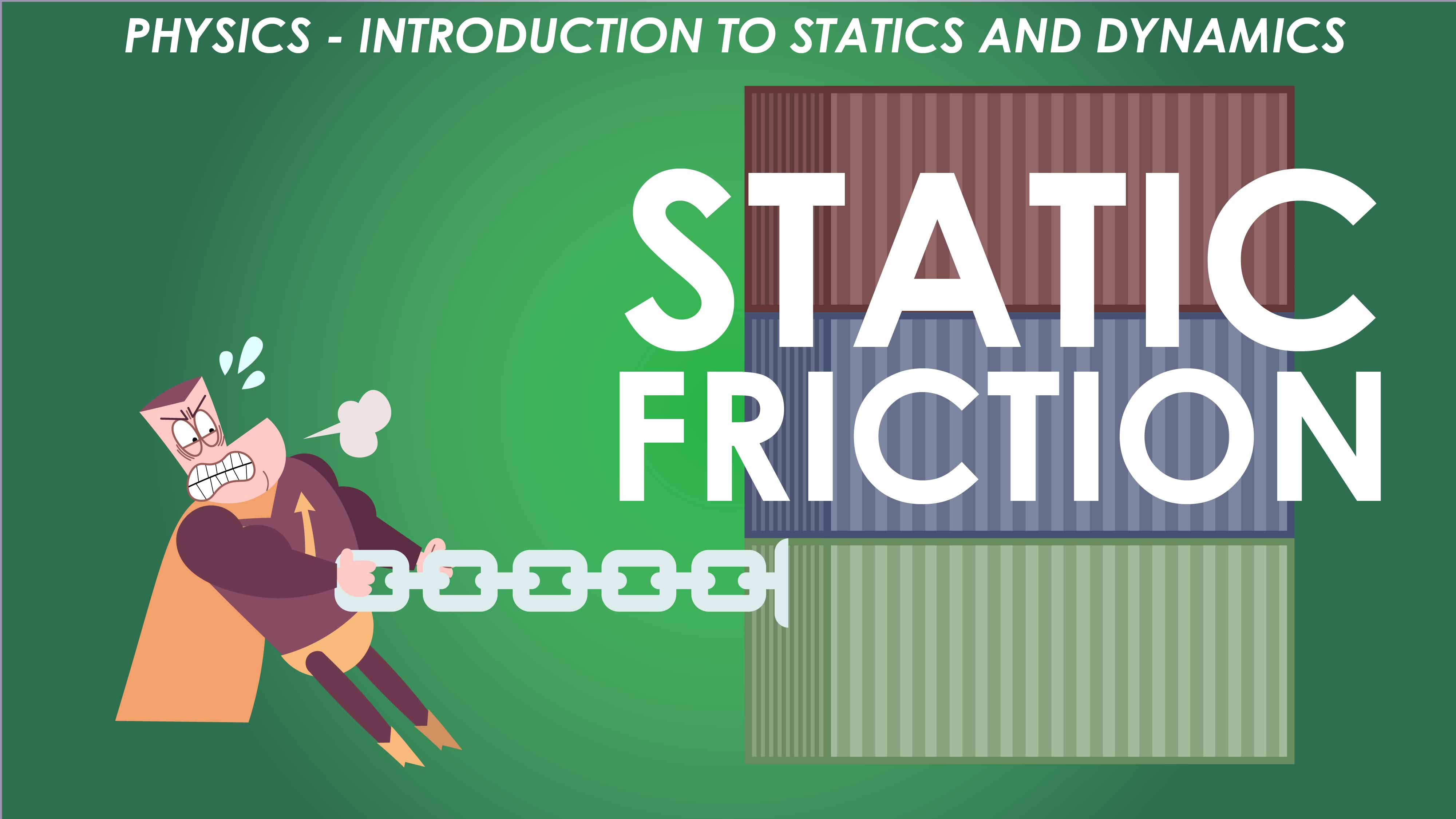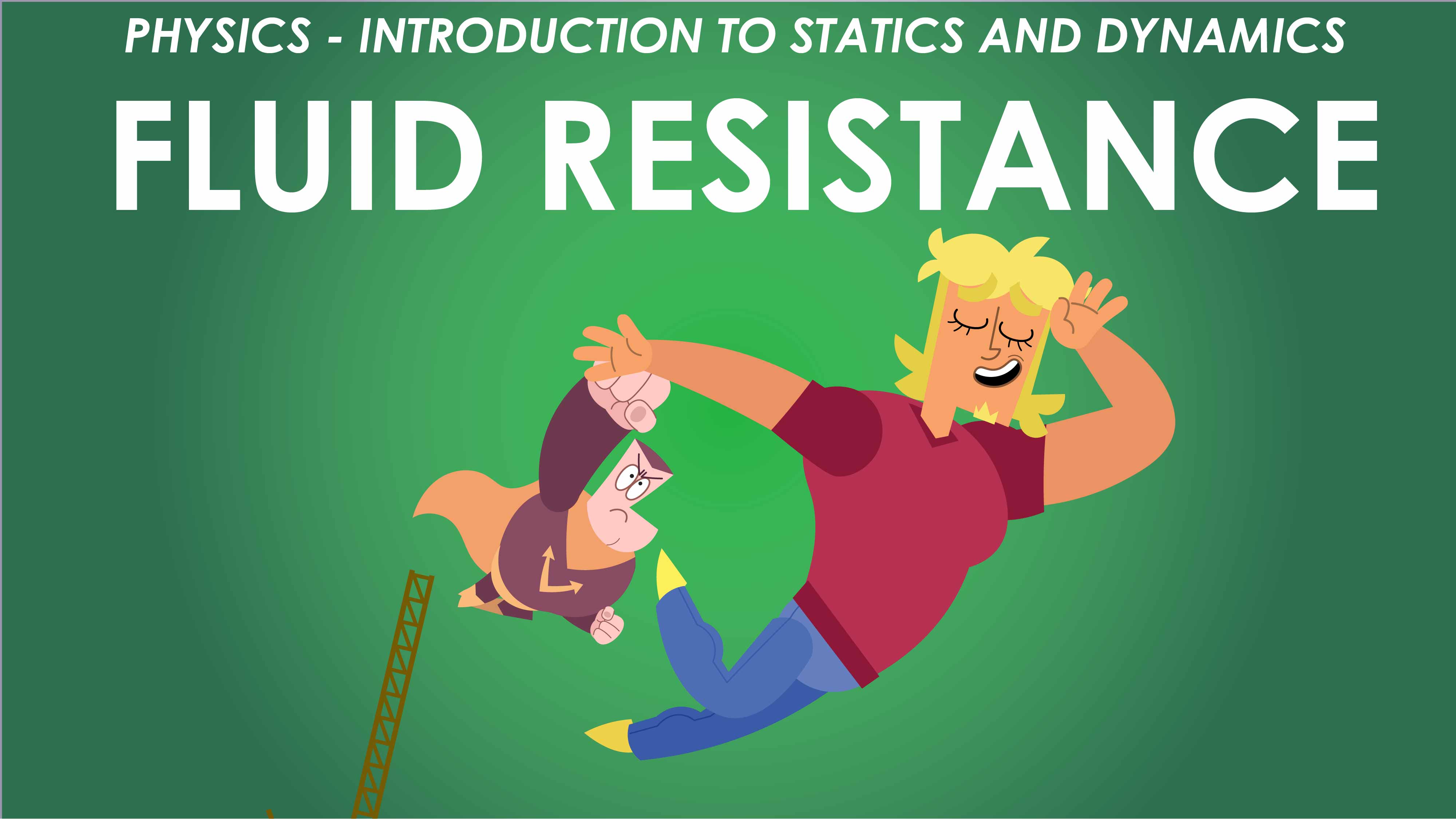HSC Physics Yr 11 - Introduction to Statics and Dynamics
HSC Physics Yr 11 - Introduction to Statics and Dynamics | HSC Physics - Yr 11
 3:17:53
3:17:53
Guide for Students
Are you struggling to stay awake in your Biology class? Afraid to open your Chemistry and Physics textbooks? We get it – some of those complex terms and tricky equations make no sense!
Don’t worry, science does not have to be overwhelming. Our videos are designed by educational specialists, who know what it’s like to study boring content. That’s why we stop at nothing to make our videos engaging! You’ll be captivated by our stimulating animations, which accompany easy examples and enriching analogies.
With our detailed explanations, you’ll be mastering complex scientific concepts in no time! We’ll show you how to tackle a wide range of exam-style questions and impress your examiners!
Follow these tips to get the most out of our videos:
1. Before you start studying the topic at school.
Why not watch our lessons in the holidays or even the night before covering a topic in class? You’ll get an idea of the big picture, even if you don’t understand everything the first time. It will prepare you to dive into the content when you cover it at school.
Not sure which lessons are the best to watch in advance? Ask your teachers if they have any recommendations based on the topics that will be covered next term. Otherwise, you can scroll through the series playlist, which lists all the lessons in order.
When you watch our videos for the first time, jot down notes that you can refer to at school. Focus on the definitions, and summaries at the end of each video. You’ll be one step ahead of your class and ready to ask your teacher questions on the topic, or even better, to answer your teacher’s questions.
2. Revise a topic after covering it in class (or if you miss a class).
Are you still lost after a science class? Did you miss one of your science lessons at school? If this sounds like you, then you’ve come to the right place! Pick a video and watch it as many times as you like. Feel free to replay challenging sections and skip parts that you already understand.
With so much to memorise, it’s easy to fall behind! To keep on top of things, watch our lessons within a week of covering the topic in class. Refresh and consolidate your understanding of each area before completing your homework and starting assessments. This way, you’ll improve your understanding of complex concepts and pick up on those nitty-gritty details.
Don’t forget to attempt the sample questions in the “Question” section on your own! Pause the video, identify the key verbs and draft up your own response. Take this opportunity to review your notes and apply your scientific knowledge. Then, keep watching the video and compare your response to the sample answer that we’ve provided. This will show whether you’ve mastered the content, or if there are areas that you need to revise.
3. When preparing for an assessment.
Have you ever felt confused when reading an exam question? Or maybe you wrote a good answer, only to find that none of your points appeared in the mark scheme! Sometimes, it all seems like rocket science. At Schooling Online, we want you to interpret exam questions with ease and answer them effectively.
When you watch the “Exam-Style Questions” section of our videos, pay attention to the list and how we interpret different questions. You’ll see similar questions in your Biology, Chemistry and Physics assessments.
But how do you approach these questions? Just watch the following “Question” section. As a rule, we explain the key verb in the sample question and describe the best way of tackling the problem. You’ll never struggle with a ‘justify’ or ‘assess’ question again!
As you become more comfortable with answering questions, you’ll want to learn how to maximise your marks. We’ll teach you how to communicate effectively, using tables, labelled diagrams and a logical progression of ideas – exactly what examiners want!
Guide for Educators
Teaching science can be challenging, whether it’s Biology, Chemistry or Physics. Your students may experience frustration as they struggle to grasp many abstract concepts. Even worse, students may disengage when they find the content to be dry or boring.
At Schooling Online, we offer stimulating material that will help your students to navigate the new HSC science syllabuses. We believe that science can be taught in fun and accessible ways, while enhancing students’ understanding of key ideas.
Our videos engage students in active learning and cater to a variety of learning styles. Together, we’ll walk your students step-by-step through the syllabus. We encourage you to integrate these videos into your classroom as an effective teaching tool.
Follow these tips to get the most out of our videos:
1. Integrate our videos into your school’s science curriculum.
Our videos cover all the skills and content outlined in the new HSC Biology, Chemistry and Physics syllabuses. At Schooling Online, we want every student to gain a comprehensive understanding of the subject material by the end of Year 12.
Each video covers a distinct concept and represents a stepping stone to mastering the HSC. At the start of each video, we identify the syllabus dot points to be covered. You can refer to this when integrating our videos into your weekly, monthly and yearly teaching plans. The possibilities are endless when our videos are at your fingertips!
Where applicable, the relevant Australian Curriculum Content (AC) code is shown in the introduction. Our content is catered to students across Australia, as our videos cover all the AC codes for Biology, Chemistry and Physics in Years 11 and 12. We want to ensure that students’ understanding of each subject fulfils national requirements.
We know that students can be reluctant to complete their homework. So why not give them something easy and enjoyable? Sign up your school with Schooling Online and set lessons for students to watch before starting class, as revision or homework.
2. Use our videos as an interactive teaching tool as you cover topics in class.
Turn your classroom into an interactive environment by watching each video in short segments. Pause the video at the beginning or end of each key section and open a discussion with your class. Ask students the following questions to actively engage them in the learning process:
- What key words were mentioned in this video?
- What do these scientific terms mean?
- What is the purpose of each component in their experimental setup?
- What examples, analogies and models have they used in this video? Are they suitable?
- What were the key ideas covered in this video?
- How would you explain these key ideas to your peers and younger students?
- Was this video relevant to any of the practical investigations that we have conducted in class?
Do the ideas in this video relate to any other topics that we’ve studied in class?
We encourage you to gauge students’ responses to assess their understanding of each concept. Our lessons provide valuable opportunities for formative assessment, so you won’t need to wait for a crucial assignment or exam!
You can also pause the video to identify information that students should commit to memory. At the end of each video, ask students to write their own half- to one-page summary of what they have learned after viewing the lesson. We recommend that you take this opportunity to clarify areas of confusion and elaborate on important concepts that will reappear in future topics.
3. Prepare students to conduct a practical investigation or depth study.
Demonstrations and experiments are great ways for students to get involved in Biology, Chemistry and Physics. We want to ensure that students understand the scientific background to each experiment before getting their hands dirty.
For each compulsory practical investigation, we’ve created high-quality videos that describe and explain the experiment. These lessons can be viewed at home or in class, prior to performing an experiment.
We recommend that you pick one of our science skills videos to watch in class before each demonstration or experiment. This prepares students to develop and apply their scientific skills in subsequent investigations and report writing.
Our skills videos guide students through all the essentials, from writing a hypothesis to identifying variables and assessing the accuracy, reliability and validity of experiments. At the same time, we teach students how to structure reports and communicate the findings of scientific investigations.
Our skills lessons are also effective when explaining the various components of a depth study. Like you, we want students to develop their independent critical thinking and problem solving skills in a motivating and inspiring environment.
4. Use our videos for exam preparation.
Exam time can be stressful for you and your students. But there’s no better antidote to stress than being prepared. With our lessons, your students will complete their exams with flying colours! We advise you to play our videos when revising over content in class. You may also assign videos for students to review at home in preparation for an assessment.
We want students to feel comfortable when approaching exam questions, so we’ve included them in our videos. When showing our videos in class, pause after the sample question is read in the “Question” section. You may ask students to interpret the question and discuss potential answers. If appropriate, you may highlight the exam strategies demonstrated in our sample answers. This will prepare your students to answer similar questions in their assessments.
Got a prac or data analysis exam coming up, but not sure how to study for it? Look no further! Our extensive range of Physics skills videos will cover all the essentials for both year 11 and 12! We’ll begin with assessing the accuracy, reliability and validity of experiments. Then we’ll progress into other areas, such as writing scientific reports and depth studies. To finish up, we’ll go through skills for the HSC exam, such as interpreting key verbs and breaking down the marking scheme.
Lotus Lang and Mark Brent (Vector Man) are back with unfinished business! Will their combination of brain and brawn be enough to overcome the mastermind Alexandra ‘Lexi’ Luthor and her minion Carmen Santiago? By the end of this module, you’ll be well-versed in the differences between force, energy, work, power and momentum.



